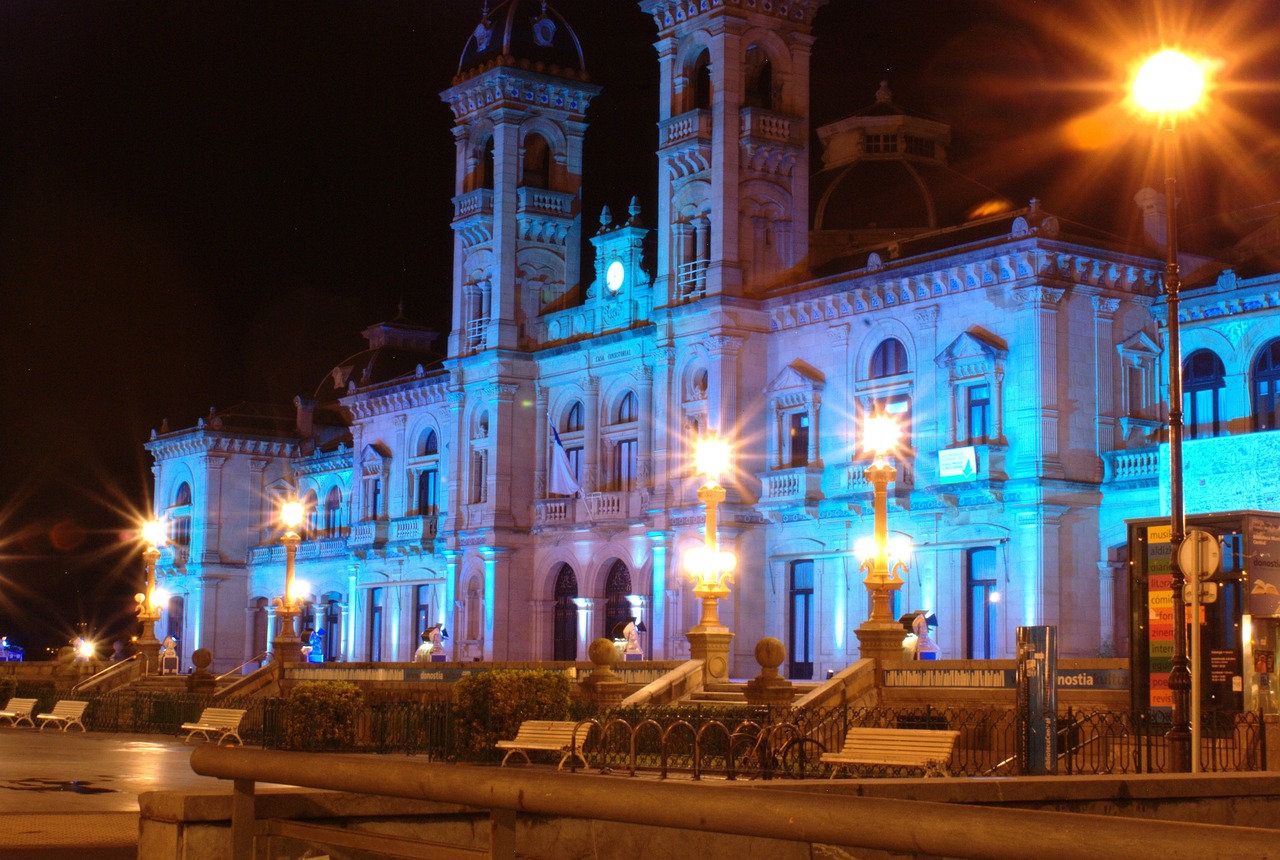
A Latino immigration story in the race for a Goya
The Goya Awards, the most important for Spanish and Latin American cinema, are set to be handed out this weekend.
The 36th edition of the Goya Awards will be held on Saturday, Feb. 12 in the Spanish city of Valencia. These awards, considered the most important for Spanish and Ibero-American cinema, reward technical and creative specialties.
This year, as in previous editions, Latin American talents are also expected to win awards. Four productions directed by filmmakers from Argentina, Chile, Mexico and Peru have been nominated in the "Best Ibero-American Film" category.
The Wolves (Los lobos), directed by Mexico's Samuel Kishi Leopo, is one of them. The drama tells the story of two brothers, Max and Leo (eight and five years old) who, accompanied by their mother, moved from Mexico to the United States in search of a better future.
The life of the two little kids takes place in a motel located in Albuquerque in the middle of a neighborhood where Hispanic and Asian populations live. When their mother goes to work, they draw and listen to English lessons, activities that help them pass time while keeping alive the hope of visiting Disneyland one day soon.
The movie is based on Kishi's own childhood story as he retold in a podcast.
“I wanted to write a love letter to my mother and talk about this anecdote that happened when we were children. My mom, my brother and I moved to California in search of a better life and she left us locked in an apartment while she had to go to work. To avoid us from feeling loneliness, she used a cassette recorder with stories, English Lessons, and the household rules. She told us: “In case you miss me, play the recorder,” he said.
Las Siamesas, directed by the Argentina filmmaker Paula Hernández, is nominated in the same category. The movie tells the story of Clota and Stella, mother and daughter, respectively. After inheriting two properties, Stella finally becomes independent, an idea that will mean the emotional collapse of Clota.
RELATED CONTENT
The Wolves and Las siamesas are competing in the same category against La cordillera de los sueños: a documentary directed by the Chilean Patricio Guzmán. The movie is considered an essay about the political and social history of Chile.
“I believe that the mountain is a witness,” comments Guzmán while highlighting the presence of the mountain in the Andean country as an ode to the historical memory of Chile that has been through 17 years of dictatorship.
The fourth movie nominated in the "Best Ibero-American Film" category is Song without a name, directed by the Peruvian filmmaker Melina León. Set in 1988, the movie tells the story about an Indigenous woman who disappears at birth. A journalist decided to investigate the case even if it means risking his life.
A young Colombian nominated for Best Supporting Actress
The 18-year-old actress Nicolle García is another Latin promise who dreams of winning a Goya Award this weekend. In her debut in cinema, she has been nominated for Best Supporting Actress for her role in the movie Libertad — directed by Clara Roquet. In the drama, Nicolle plays a Colombian young girl called Libertad who meets a new Spanish friend in Costa Brava. Both have different origins and they spend a Summer together that will allow them to discover a new world and explore new sensations.











LEAVE A COMMENT:
Join the discussion! Leave a comment.